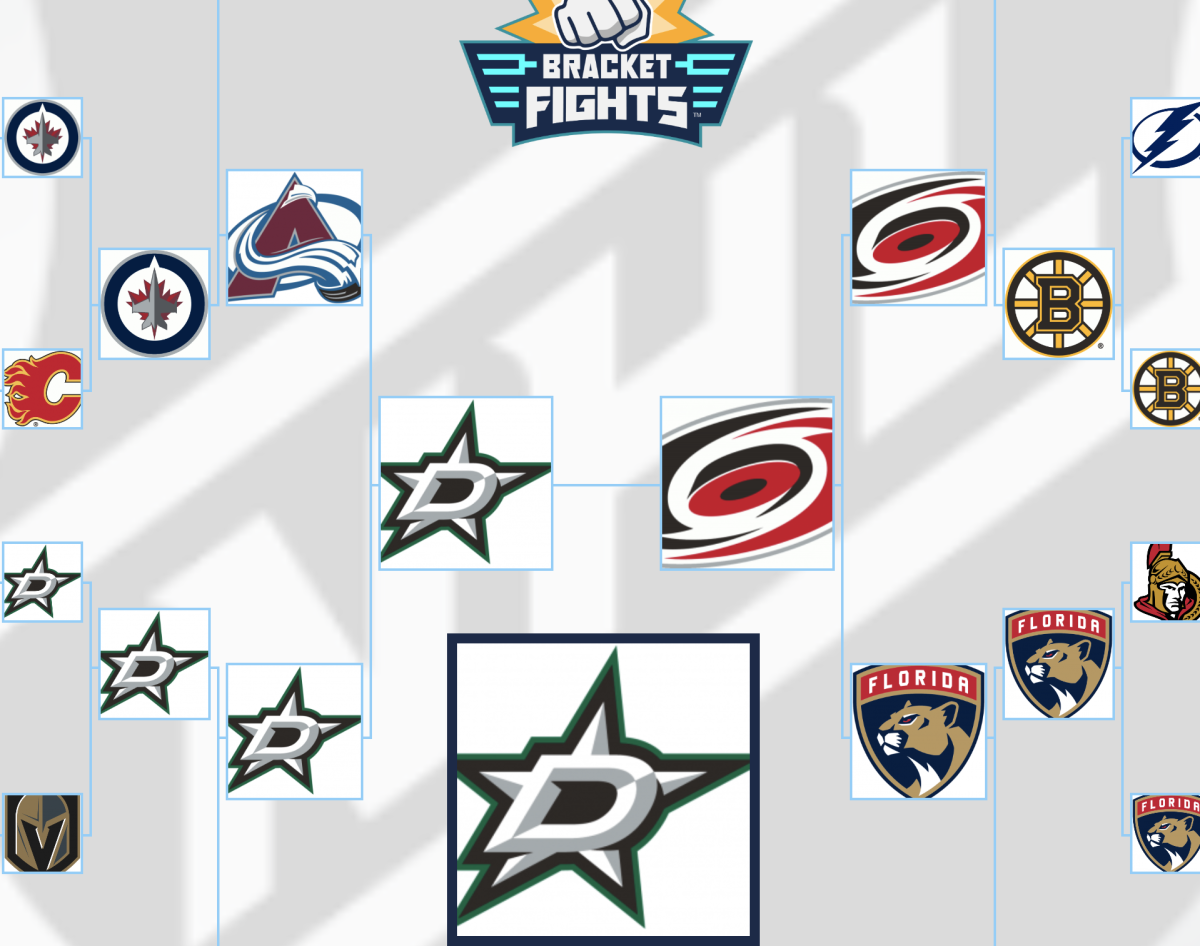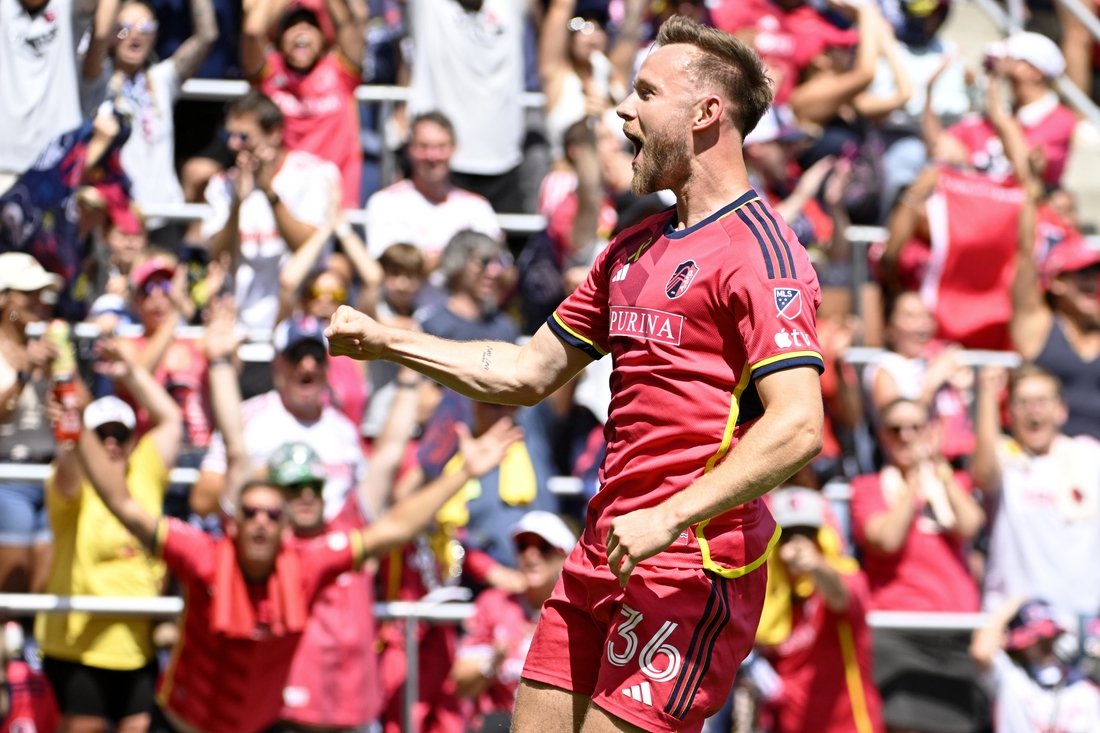Missouri’s vaccine distribution falls short as eligible pool increases
All Missouri residents 16 and older were eligible to receive a COVID-19 vaccine beginning on April 9, which opens the door to many high school students who have eagerly awaited their chance to get vaccinated. The only remaining unknown—especially in chronically-under-prepared Missouri: how many will be able to?
Since the approval of the Pfizer COVID-19 vaccine in mid-December, Missouri has illustrated utter ineptitude in vaccine distribution, currently ranking 42nd in the nation in percentage of population fully vaccinated at 19.6%. Much of this failure can be attributed to the inexplicable rollout that saw many small, rural counties receive excessive amounts of doses while urban and suburban areas were left with exceptionally low supply and exceedingly high demand, a pattern that does not bode well as the pool of eligible residents widens.
If there is any way to accurately describe the vaccine rollout in Missouri, it would be inconsistent, ineffective, inequitable. Inconsistent because of the lack of clear eligibility standards; ineffective because of the wasted vaccines at mass vaccination sites; inequitable because the areas receiving insufficient doses are not-so-coincidentally the same areas with a higher minority population, higher risk of serious symptoms, and fewer means to travel long distances to obtain one. Missouri’s vaccination progress is so lethargic that the Federal Emergency Management Agency (FEMA) set up a daily vaccination site in St. Louis to dole out 3000 vaccines per day, 7 days a week, until the start of June.
I was lucky enough to have access to a leftover vaccine from a mass vaccination event not too far from my home, but for far too many, even getting to a vaccination site is a struggle they are ill-equipped for. Since the approval of the vaccine, many St. Louis residents have taken to driving across the state in search of an appointment, but for those without transportation, this is an impossible task. Furthermore, because of the lack of vaccinations in St. Louis thus far, many of those individuals and families living without means of transportation are not privy to a local event that they can access either. Add in general skepticism or disinterest in the vaccine and it’s easy to see why some of the most vulnerable populations are lagging behind in the vaccination data. The multitude of vaccination suppressants for non-white or lower-class individuals is a perfect storm of inequitable health care services. It’s easy to urge the unvaccinated population as though they are all skeptics, but as the data in Missouri shows, often, the people who need the vaccine the most are barred from entry.
With eligibility open for all adults, the already short supply of vaccines in St. Louis will likely be stretched further. Curiously, however, the FEMA site was severely underwhelmed upon opening on April 7, which could be explained again by the variety of factors working against those who need the vaccine the most.
The main issue that seems to prevent those with a desire to get the vaccine from getting one is access, which is yet to be effectively addressed. Downtown vaccination sites are a good start, but outreach and supply is still limited. One potential solution seen first in Connecticut and in other Northeast states like Maine and Massachusetts is mobile vaccine clinics. In Lowell, MA, charter buses have been converted into fully functional centers for vaccine distribution that can travel directly into under-served areas without the need for a venue or long distance traverses for patients. A single bus can vaccinate 500 people a day, a sizable number if the plan was expanded to multiple buses and locations daily. With all of the uncertainty Missourians face in getting their vaccine, a modern and effective public health solution has never been more necessary. Whether a campaign like this would ever be undertaken by the state is another issue entirely.
We’ve seen throughout the pandemic that Missouri is a state marred by its ignorance to science and inability to adhere to caution. Governor Mike Parson claimed the distribution pattern was fair and equal when addressing the issue, but also acknowledged that urban areas expressed a greater enthusiasm for getting the vaccine. It took months to adjust the distribution, even with the gross excesses seen in many rural counties like Putnam and Lewis County that were perpetually unable to find residents to vaccinate, all while St. Louisans scoured the internet in search of an appointment. By nature, the rollout of vaccines is disproportionately skewed toward rural counties, while urbanized, highly populous areas like St. Louis and Kansas City receive less vaccine than their expected allotment from the state. The result is long drives cross-state or even into Illinois for those who can make the trip, and continuing uncertainty for those who can’t.
With many high school students finally eligible to receive a vaccine, and more children expected to be eligible when the FDA approves the Pfizer vaccine for ages 12-15, the trends seen throughout the first three months of widespread vaccination will likely continue without a serious increase of new testing sites in predominantly non-white areas and an influx of doses. Unfortunately for many residents still searching for a spot, that means the need for vigilant searching and adherence to safety guidelines. Continuing to wear a mask and limiting social gatherings is important to keep transmission manageable and to protect the some 75% of vulnerable Missourians until more equitable and consistent distribution solutions are established.
…
If you or a loved one is looking for a vaccine, there are a variety of ways to find an available spot or schedule an appointment. To register on the state’s COVID-19 vaccine website, click here and find an appointment. The vaccination site at the Dome in downtown is accepting walk-ins with no pre-registration required, and is administering the Pfizer vaccine, which is the only vaccine approved for 16-18 year olds. Anyone 18 and older can also receive the Johnson and Johnson vaccine at St. Louis Community College’s Forest Park campus, where up to 3000 vaccines per day can be administered. The event runs Monday through Friday from 9 a.m. to 5 p.m. and is expected to last for the next few weeks. No appointment is necessary but anyone can schedule an appointment on the state’s website. There are also ample vaccines available in Belleville, IL, Fenton, MO, and Union, MO at mass vaccination events, no appointment necessary.
Your donation will support the student journalists of University City High School - MO. Your contribution will go towards our young journalism events such as Media Passes, Sports Game Tickets, And equipment for our students.































